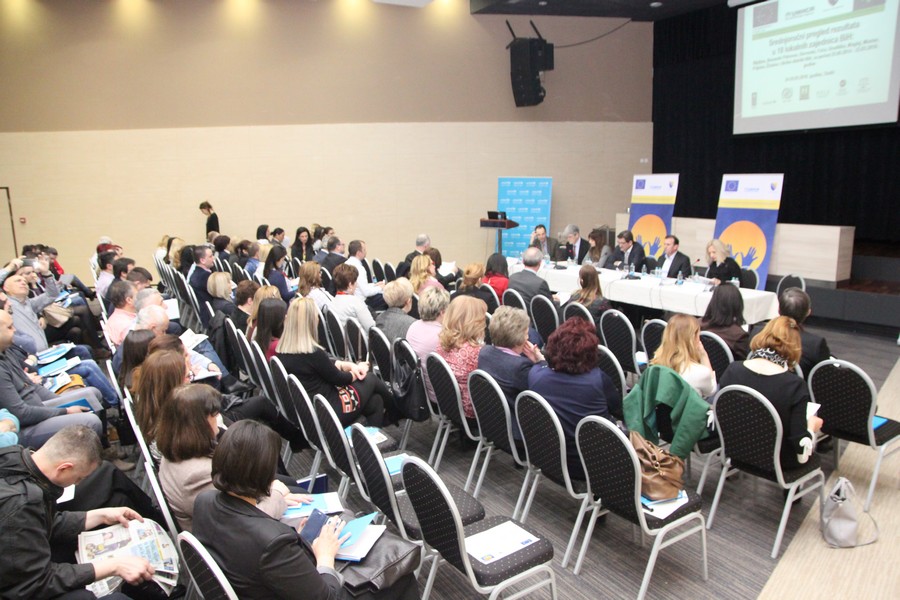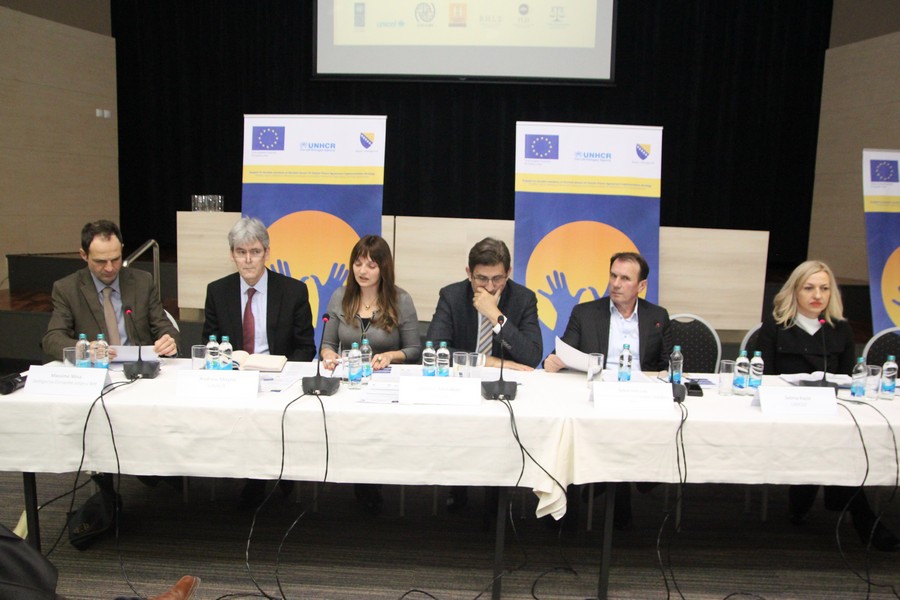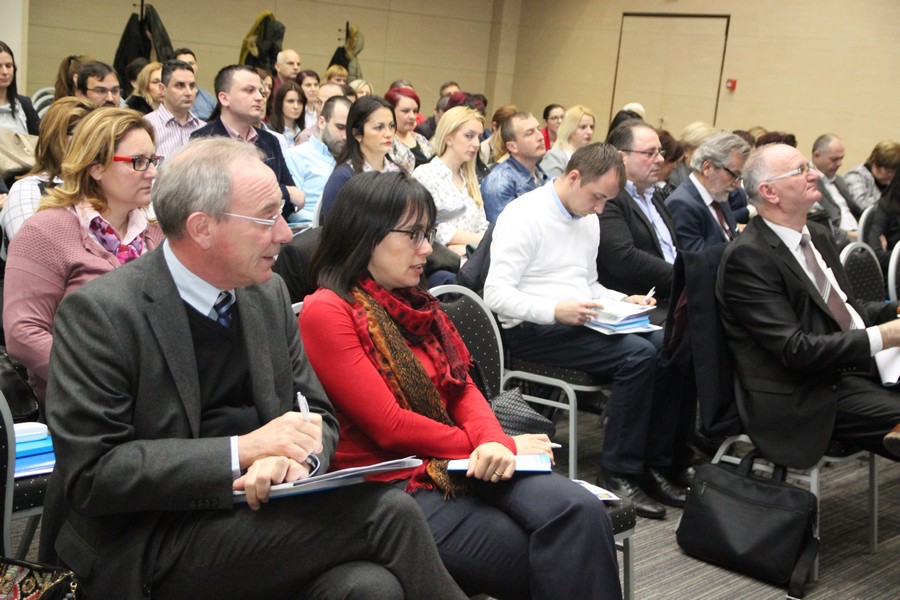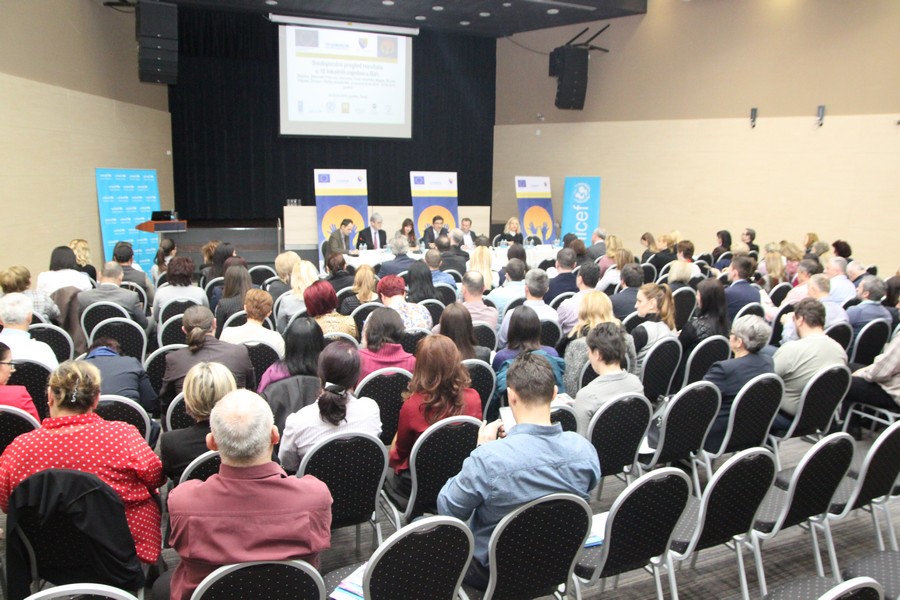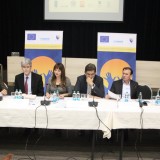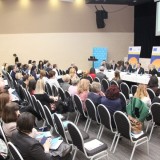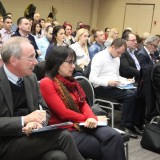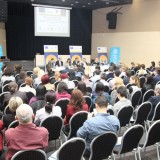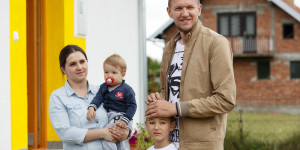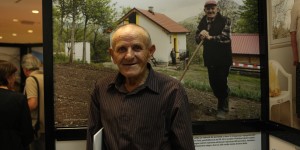UNICEF in BiH organised a two-day conference in Teslić on 24 and 25 March to present the results achieved so far in the social protection and inclusion component of the project „Support to durable solutions of the Revised strategy for implementation of Annex VII of the Dayton Peace Agreement“. The project is financed by the European Union in the amount of EUR 7 million, and EUR 1.1 million is provided by UNHCR, the lead agency in the implementation. The social protection and inclusion is one of the project components implemented by UNICEF.
The project is working in close cooperation with local authorities, local communities, civil society and other partners, including BiH Ministry for Human Rights and Refugees, to assist vulnerable displaced persons and returnees in BiH, by strengthening their social protection and inclusion, providing health care for the elderly and education for children, as well as free legal aid, psycho-social counselling, livelihoods and housing. The project has started in 2014 and will be implemented by the end of 2016 in Bosanski Petrovac, Gradiška, Prijedor, Derventa, Maglaj, Bijeljina, Živinice, Mostar, Foča and Brčko District BiH, with aim to assist at least 2,400 vulnerable displaced persons and returnees in BiH in finding solutions to social challenges they face every day.
UNICEF’s support is focused on social inclusion of vulnerable children from internally displaced persons (IDP) and returnee families, but also from other vulnerable groups, such as children with disabilities and children living in difficult socio-economic conditions, and on strengthening the capacity and engagement of authorities at the local level to include social inclusion in development plans.
Within this project, all 10 target municipalities have established Municipal Commissions for Social Protection and Inclusion, developed detailed situation analyses and adopted Action Plans. The conference offered opportunity to representatives of these municipalities to present concrete activities and impact of the project. In addition, experiences and good practices on application of the Social protection and Inclusion methodology were exchanged at the conference.
Dr. Ayman Abu Laban, UNICEF Representative in BiH, said in his opening remarks at the conference: “Within this project, UNICEF is contributing to creating a protective environment for every child, with a special focus on children from returnee/IDP families. Municipal Commissions for social protection and inclusion established in all 10 project locations are making sure that needs of the most vulnerable children are properly addressed. This process resulted in increased and better targeted programmes and budgets for social protection and inclusion services, but equally importantly, the project built human and material capacities and established formal mechanisms of multi sectorial cooperation, which can be used to address any other social inclusion issues at local level.”
Andrew Mayne, Regional UNHCR Representative for South Eastern Europe, said: “UNHCR is grateful that UNICEF has succeeded with each of the partner municipalities to establish a Commission for Social Protection and Inclusion, as well as an Action Plan, that can bring more structured help to the remaining extremely needy families and under-served communities that still struggle with problems of displacement in BiH. Today we can celebrate the productive cooperation that has been achieved between the 8 project partners and the 10 partner municipalities in identifying and addressing these urgent remaining priority needs.”
Massimo Mina, Head of Operations Section for Social Development, Civil Society and Cross Border Cooperation at the EU Delegation to BiH, said: “The EU continues to assist Bosnia and Herzegovina in ensuring equal access to rights for all citizens. Our main objective is to support a system in which the funds that are available for the vulnerable people are being used effectively and allocated on the basis of needs and objective vulnerability criteria. Tangible progress has been achieved by BiH in implementing Annex VII of the Dayton Peace Agreement. However, significant challenges remain to be addressed and considerable efforts still need to be invested by BiH in order to meet the objectives and actions set out in the Revised Strategy, which was adopted by BiH Council of Ministers in 2010. This initiative is even more important considering the possible benefits which could result from the massive investment made by the EU to support durable integration of IDPs and returnees in BiH.“
The conference was also attended by representatives of relevant ministries at state and entity levels in charge of social protection and inclusion, civil society organisations, and other project partners.
In addition to UNHCR and UNICEF, project implementation partners include the UN Development Programme (UNDP), International Organisation for Migrations (IOM), Hilfswerk Austria International (HWA), Bosnian Humanitarian Logistic Service (BHLS), Foundation of Local Democracy (FLD), and Vaša prava BiH Association (VP).

